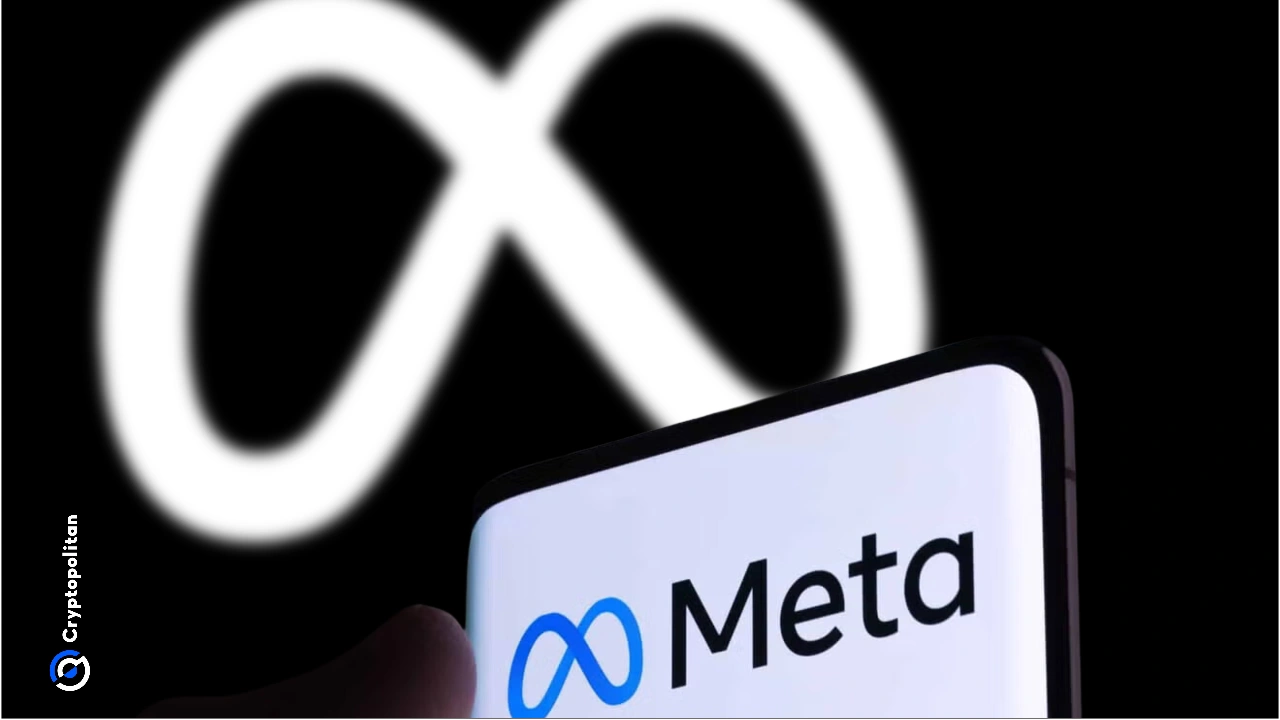Meta Platforms Inc. has spent the past week in a Washington, D.C., courtroom fighting the U.S. Federal Trade Commission’s antitrust case. The issue is how to define the “social networking” market.
Meta argues that its rivals include a wide range of apps and services, from video and shopping platforms to private messaging tools. The FTC insists that the relevant market is narrower, focused on “personal social networking services” for sharing with friends and family, and that Meta holds a monopoly in that space. It argues that breaking up the company would restore competition.
The trial, now in its third week, began with high-profile testimony from Chief Executive Officer Mark Zuckerberg and Instagram co-founder Kevin Systrom. Their appearances drew headlines, but in recent days, lawyers on both sides have zeroed in on defining exactly who Meta’s competitors are.
As reported by Bloomberg, Meta is telling Judge James Boasberg that its services have broadened over time. The company points to features like Reels, its short-form video product, and private messaging on WhatsApp and Messenger, drawing comparisons to competitors such as TikTok and Apple’s iMessage.
FTC attorneys have highlighted apparent differences between Facebook and other apps.
Unlike Facebook, X (formerly Twitter) and Reddit allow users to sign up anonymously or under a pseudonym, a direct contrast with Facebook’s real-name policy. TikTok’s feed, lawyers noted, relies almost entirely on an algorithm that shows users videos based on interests rather than on a network of friends and family.
Meta counters that Facebook and Instagram have been gradually shifting toward interest-based recommendations, with Zuckerberg testifying that the share of friend-and-family content in users’ feeds has declined over the past several years.
Much attention has fallen on TikTok and X as the FTC tries to prove that neither sees itself as a direct rival to Meta.
In a 2022 interview spotlighted by FTC lawyers, Blake Chandlee, then TikTok’s vice president for global business solutions, described his company as “an entertainment platform” and said, “The difference is significant. It’s a massive difference.” Chandlee stepped down earlier this year but acknowledged in court that TikTok competes with “a very broad” set of services, naming Facebook and Instagram among them.
Over at X, product executive Keith Coleman, who joined the company in 2016, before Elon Musk’s takeover, testified that most X users follow accounts tied to their interests, rather than friends and family. “Most people are following accounts of people they don’t know,” he told the FTC’s lawyers on Monday.
An email from former CEO Jack Dorsey also surfaced, in which he weighed whether Twitter should add personal networking to its public conversation focus. Dorsey wrote that he would consider it but warned, “There’s already a service out there that does personal network well, so let’s focus on our strategy of interest network.”
Meta has tried to shift the spotlight back onto its rival’s friend-finding features
Discord prompts new users with a “find your friends” screen and allows them to sync phone contacts. TikTok offers a similar contact-sync option. Even X once described itself on a help page as “a service for friends, families, and coworkers to stay connected through exchange of quick, frequent messages.”
When the FTC’s lawyers showed that page to Coleman, he shrugged it off. “I don’t know who wrote that,” he said. “I can’t believe that’s on the website.”
WhatsApp and Messenger both offer end-to-end private messaging, much like Apple’s iMessage. Reels, the company notes, mirror TikTok’s short videos. As Facebook and Instagram move toward showing users more posts based on interests, they resemble platforms built around personalized content recommendations.
Perhaps strongest of all is Meta’s claim that everyone at the trial is fighting for the same advertisers. Nearly every company, from Reddit and Snap Inc. to Pinterest Inc. and X, listed Facebook and Instagram as direct competitors in documents filed before their public offerings. That shared battle for advertising dollars reflects Meta’s argument that its market is broader than the FTC suggests.
The trial is expected to run through June, and testimony will continue from other social media leaders, including executives from YouTube and Snap.
Cryptopolitan Academy: Tired of market swings? Learn how DeFi can help you build steady passive income. Register Now
















No comments yet